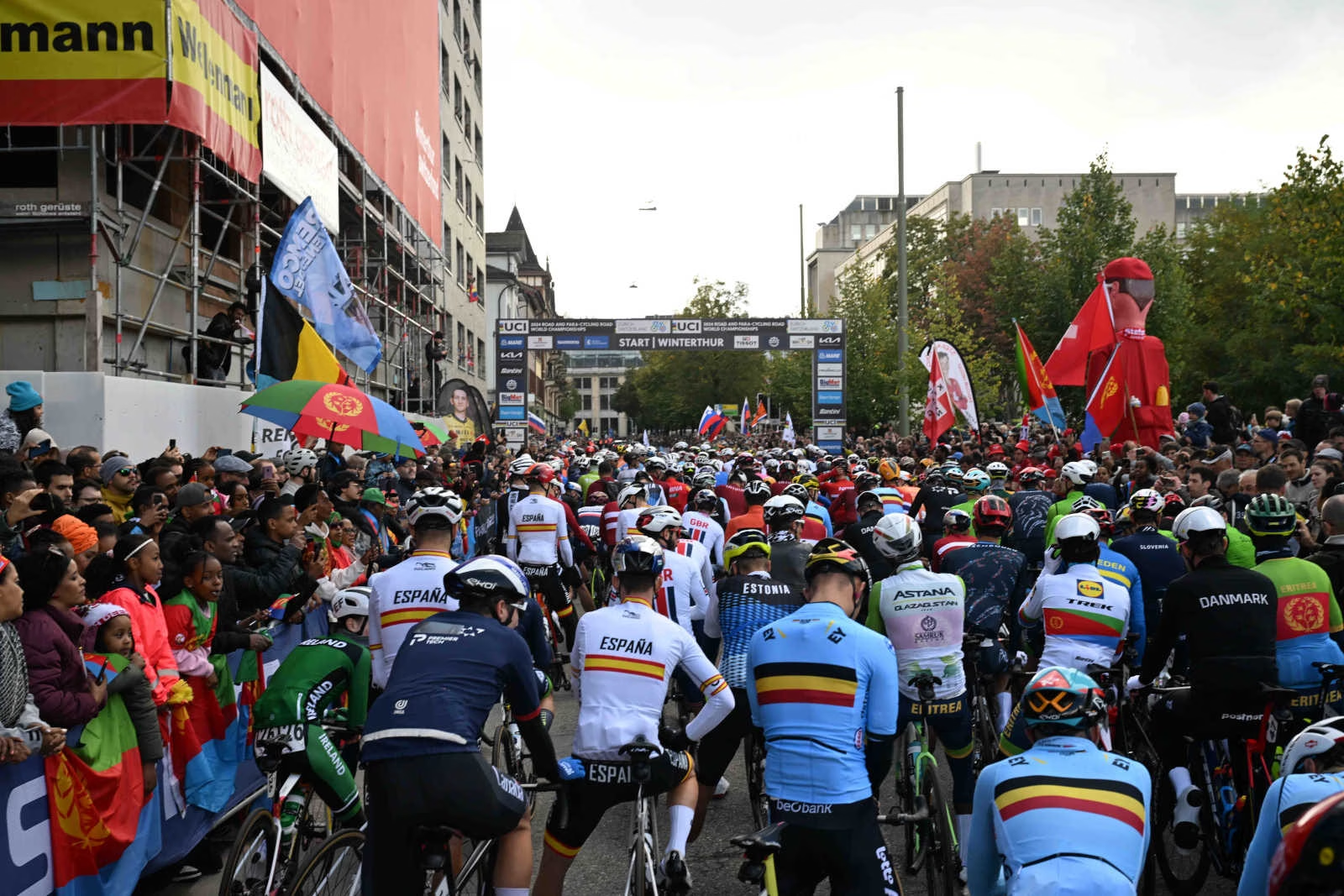The night before the 2025 Tour de France presentation, the Mouvement Pour un Cyclisme Crédible (MPCC) held its 18th Annual General Meeting in Paris and discussed a variety of concerns in pro cycling. This included carbon monoxide training, ketones, and dozens of cyclists who had previously doped returning to the sport in 2025. After the meeting, the group released what they called “the alleged over-medicalization of the peloton,” and several concerns were expressed during these discussion sessions. The group said the issue of ketones is more problematic than ever. “It is sadly clear that the results of the studies commissioned by the UCI on the subject are still awaited, putting cycling and the members of the MPCC in an embarrassing position.”
On ketones and carbon monoxide
Ketones were first raised at MPCC meetings in 2019 after a Belgian study highlighted health risks and potential performance enhancement. “Either the UCI is certain that the use of ketones is acceptable and must make this known in a clear and precise communication. Or it is not and must state loud and clear that the institution does not recommend their use, or even that it prohibits it,” the report said. Then there’s the ongoing issue of carbon monoxide. Apparently, by inhaling it, you can create a form of artificial hypoxia. Hypoxia is a condition where the body or a part of the body is deprived of an adequate oxygen supply. There are concerns that this could be a very dangerous practice, despite it still being legal in cycling training.
Goes against anti-doping code
The MPCC says this goes against The World Anti-Doping Code. It states that “artificially enhancing the uptake, transport or delivery of oxygen, including, but not limited to: Perfluorochemicals; efaproxiral; voxelotor and modified hemoglobin products, e.g. hemoglobin-based blood substitutes and microencapsulated hemoglobin products, excluding supplemental oxygen by inhalation.”
The MPCC called for the practice to be banned, stat. One last concern was the fact that over 30 riders will finish their suspension for doping and be able to race again in 2025. They recommended that teams should not sign a rider who has had a doping suspension.
Abuse of the carbon monoxide rebreather?
CyclingNews reached out to a maker of the carbon monoxide rebreather devices, Detalo Health. The CEO, Carsten Lundby, who is also a professor at the University of Southern Denmark, was also cautious about the method. “I…
Click Here to Read the Full Original Article at Canadian Cycling Magazine…

